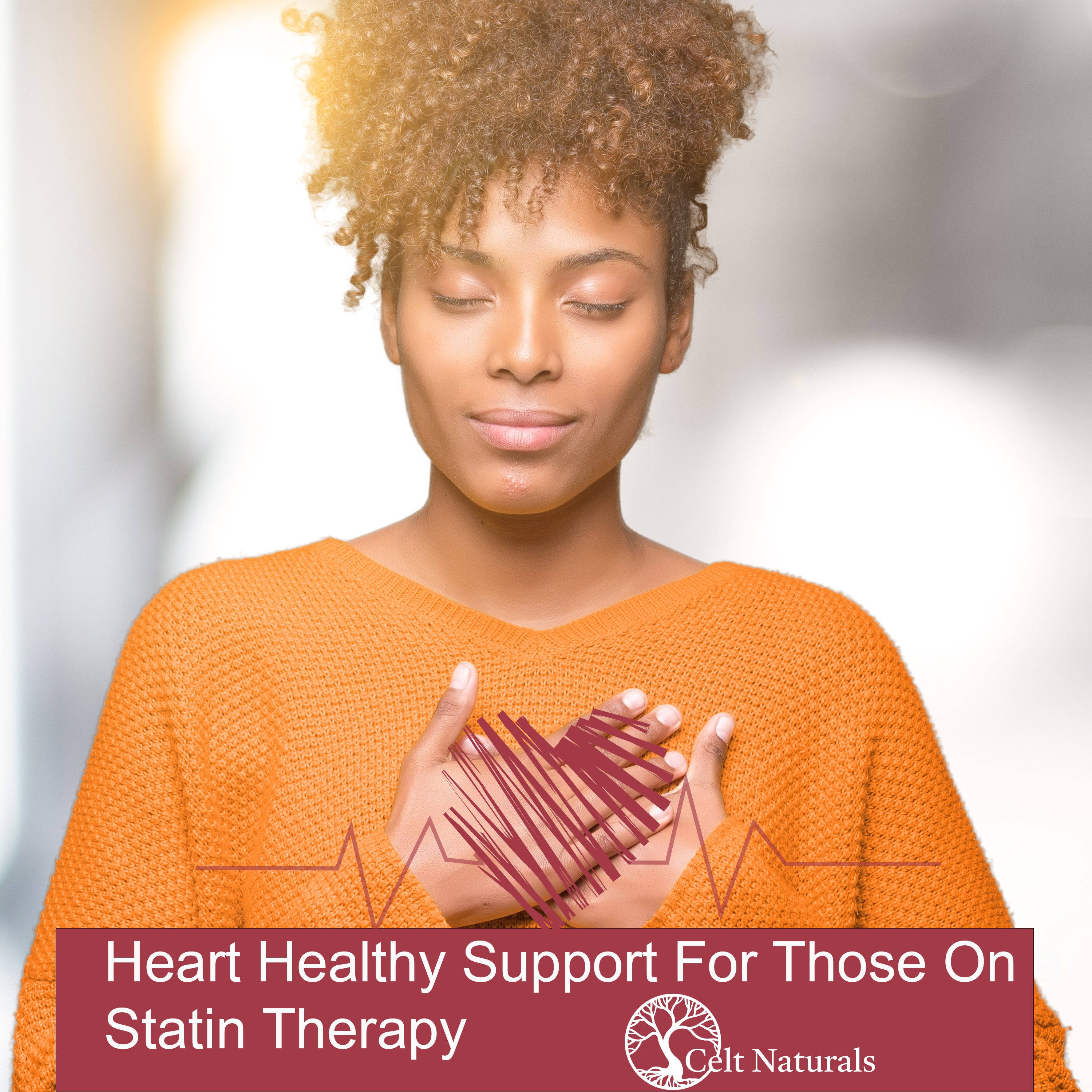Sterochol The Science
STEROCHOL
MOST OF US COULD BENEFIT FROM KEEPING A CLOSER EYE ON OUR CHOLESTEROL
Thousands of research studies over the last 60 years have shown that the risk of developing heart attacks and strokes can be related to high levels of “bad cholesterol”. There are two types of cholesterol, LDL-low density lipoprotein, needed to transport most cholesterol around the body. In spite of its negative image, cholesterol in healthy levels is actually very important for normal health-we literally could not live without it. Only when it starts to become elevated does it pose a health issue.
HDL however, high density lipoproteins known as the “good cholesterol”, is actually a type of cholesterol your body makes to protect you. High Density Lipoproteins or HDL, carry away bad cholesterol in your arteries and the higher the HDL the less risk of heart attacks.
PROBIOTICS-UNIQUE NOVEL THERAPY
Probiotics have been used to support gut health for a while, however, the research now shows that these seemingly unrelated areas of the body, the gut and heart are related. It may be difficult to imagine that, but what happens in our gut influences cholesterol levels, inflammation, and body weight, each of which contributes to a healthy heart.
In a search for better gut healing probiotics, scientists noticed that some probiotics may have the ability to reduce blood cholesterol levels. Thus, a search got underway to discover which strains of the active probiotics reduced LDL and triglycerides major contributors for heart disease.
The specific unique Lactobacillus Plantarum strains, whole cell extraction showed a remarkable reduction in LDL levels. The strains were isolated via screening process and showed a robust capability to survive under harsh gastrointestinal tract (GI) conditions, including exposures to acids and bile. In addition, these specific strains were demonstrated to adhere to intestinal epithelial cells. In terms of lipid metabolism, the strains showed a particular ability to produce large amounts of bile salt hydrolase. Bile salts are responsible for recirculating cholesterol systemically. By hydrolyzing the bile-salt molecule, which contains cholesterol, the re-uptake of cholesterol into the body was greatly reduced.
The reduction in ox-LDL by L. plantarum (Fuentes (2013) had not been found prior to this study and is important because elevated ox-LDL levels are a key factor in the development and progression of atherosclerosis (Parthasarathy et al. 2010). The probiotics alone produced a statistically significant change of TC, LDL and TG compared to baseline (all p<0.0001). Sterochol plus statin drugs produce greater changes from baseline, with 80% of the positive effect due to probiotic combination and the additional benefits due to statins being statistically significant (p<0.01).
Using genetic sequencing, of specific Lactobacillus plantarum species, the strains were shown not to have genes conveying antibacterial resistance; this is important as there is no interference to other undesirable bacteria and thereby reduce the overall effectiveness of antibiotics. Moreover, it has been shown that for every 1% reduction in serum cholesterol had an estimated reduction of 2-3% in the risk of coronary artery disease.
PLANT STEROLS-ADDED BENEFITS FOR HEART HEALTH
More than 200 clinical trial reports and several meta-analyses have demonstrated that plant sterols (PSs), natural components of plants, can also induce clinically relevant reductions in blood low-density lipoprotein cholesterol levels. Plant sterols have a key role in the synergistic combination of Sterochol. They too have biochemical effects and potential cardiovascular benefits in the dietary management of high LDL and triglycerides. A meta-analysis showed that regular intake of plant sterols significantly reduced LDL-c. (Atherosclerosis 2016 May;248:76-83) The addition of the sterols is a helpful adjunct therapy to cholesterol lowering pharmaceuticals. https://www.ncbi.nlm.nih.gov/pmc/articles/PMC1993991/)
Plant sterols have been shown to reduce LDL cholesterol, in people with high LDL cholesterol levels. In fact plant sterols in combination with statin therapy showed a greater reduction in LDL vs statins alone. (https://pubmed.ncbi.nlm.nih.gov/20439548/) The cell structure of phytosterols looks and acts like cholesterol, so it competes with cholesterol for absorption by your digestion system.
ASHWAGANDHA-MULTIPLE HEART AND STRESS BENEFITS
STEROCHOL IS A UNIQUE INNOVATIVE PRODUCT DESIGNED WITH MULTIPLE MODES OF ACTION WITH YOUR HEART HEALTH IN MIND.
Research shows that ashwagandha plays an important role in heart health. Contributing significantly to reducing high LDL cholesterol levels, lowering triglycerides in the blood stream. It is part of the patented formula added to also support reduction of cortisol levels a hormone your body releases in response to stress. Mental stress adversely affects the circulatory system and cardiovascular health and impairs the body’s antioxidant defense system. Managing chronic stress and anxiety are important factors in reducing heart problems. Nutraceutical Res. 2013;11(14) 151-158
Stress and anxiety in-crease Inflammatory cytokines which play an active part in heart disease by elevating CRP-C-reactive protein, IL-6 cytokines increased during times of stress.
Many of today’s products have a hard time surviving the harsh conditions of the human gastrointestinal tract. Companies don’t look at the survival of their products as they enter and exit the acidic area of the stomach. The stomach is an inhospitable environment. Human gastric juice is primarily composed of pepsin and hydrochloric acid, and that is why these nutrients must be able to withstand the acid conditions. It is critical that the sterols, probiotics and ashwagandha are enteric coated to allow the delicate nutrients to enter the small intestine. The strains of probiotics used in Sterochol are also capable of with-standing harsh acid environments, this allows the product to work effectively at supporting heart health

